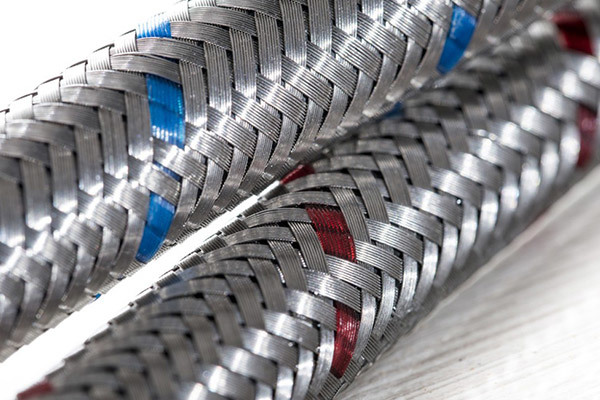31
2023
-
10
Can brass valves be used for applications involving corrosive fluids?
Brass valves can be suitable for certain applications involving corrosive fluids, but their compatibility depends on the specific corrosive fluid and the composition of the brass alloy used.
Brass is an alloy primarily composed of copper and zinc, with the addition of other elements such as lead, tin, and aluminum for different properties. While brass offers good resistance to many non-corrosive fluids and gases, its performance with corrosive substances can vary.
In general, brass valves are not recommended for applications involving highly corrosive fluids such as strong acids (e.g., sulfuric acid, hydrochloric acid) or strong bases (e.g., sodium hydroxide). These aggressive chemicals can attack and corrode the brass material over time, leading to valve failure or leakage.
However, for mildly corrosive fluids or low-concentration corrosive solutions, brass valves can be acceptable. It's important to consider factors such as the concentration, temperature, and duration of exposure to the corrosive fluid. Brass alloys with higher copper content (e.g., "red brass" or "bronze") tend to offer better corrosion resistance than those with higher zinc content.
In more demanding corrosive environments, it is often advisable to use valves made from materials specifically designed to resist corrosion, such as stainless steel, plastic (e.g., PVC, CPVC), or specialized alloys (e.g., Hastelloy, Monel, Inconel) that offer superior resistance to specific corrosive agents.


